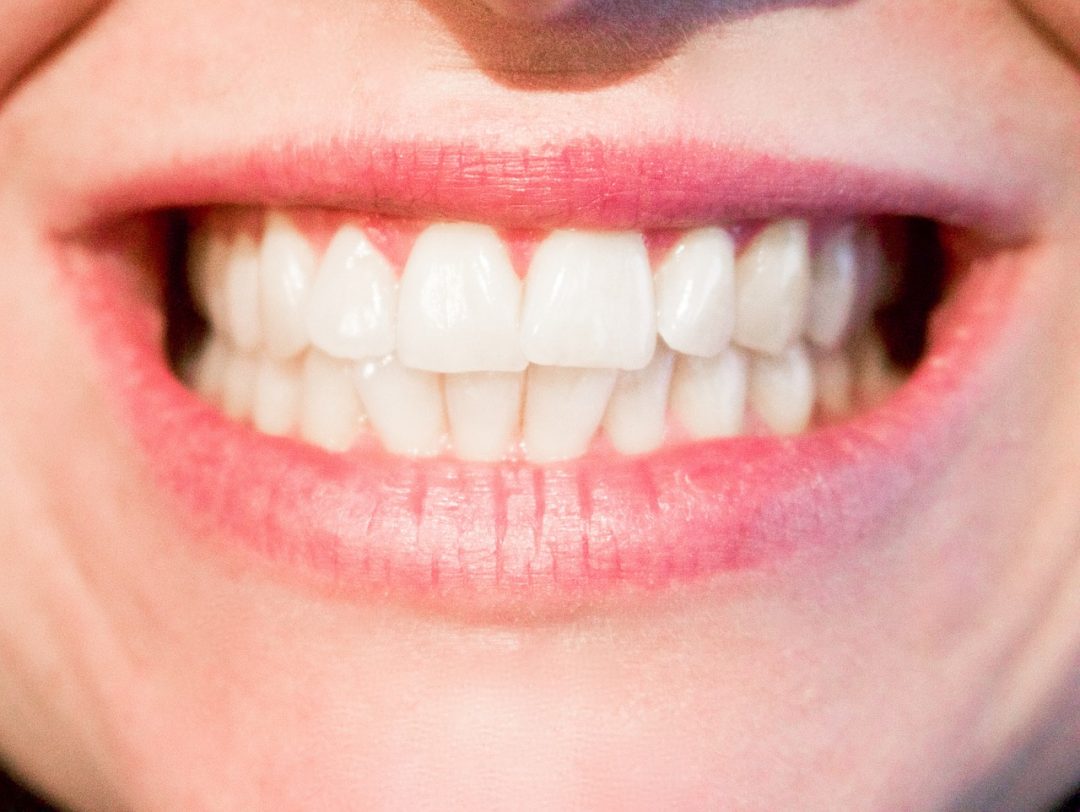Dental emergencies come in many forms, and some situations are more urgent than others. People are often hesitant to call their dentist when they’re experiencing a dental emergency, wondering if the situation truly warrants emergency dental care and if a treatment will be covered by their insurance plan.
If you’re in severe pain, have a fever, or are experiencing swelling or bleeding that cannot be controlled, don’t delay contacting your dentist or visiting the hospital emergency room. Some problems can be life-threatening. Other problems may be less urgent, but avoiding immediate dental care can cause greater problems down the road. Play it safe and get a proper consultation.
What is a dental emergency?
Dental emergencies as anything “potentially life-threatening and requiring immediate treatment to stop ongoing tissue bleeding or to alleviate severe pain or infection.”
Life-threatening dental emergencies can include:
Uncontrolled bleeding – may be from trauma, accident, health condition, or other cause
Soft-tissue infections with intraoral or extraoral swelling that potentially compromises the patient’s airway. Be aware that tooth infections can spread into the soft tissues causing swelling without causing pain.
Trauma involving facial bones potentially compromises the patient’s airway.
Other dental emergencies may not be life-threatening but will require urgent care. Some of these include:
Severe tooth pain from decay and/or dying pulp
Third molar/wisdom tooth pain
Pain from post-extraction surgery or dry sockets
Abscesses or other infections causing pain and localized swelling
Objects caught under the gums or between teeth causing pain and/or swelling
Tooth chips, fractures, or lost fillings causing pain or trauma to the teeth, soft tissues, or both
Trauma to the teeth causing one or more teeth to become loose, displaced, or even lost
Orthodontic wires or other dental appliances becoming loose and cutting into the cheeks, gums, or both
What are the causes of dental emergencies?
Oral conditions such as tooth decay, gum disease, TMJ disorders, and large and older fillings contribute to the bulk of dental emergencies. However, multiple situations in daily life may accidentally lead to a dental emergency. Some examples include:
Playing contact sports
Work-related accidents
Car accidents
Falls during normal activities or recreational play
Eating something hard
Improper use of your teeth (e.g. ice chewing; opening bottles, packages, tough nuts; cutting tape; chewing pencils/pens; biting nails
Jaw joint pain or locking
The longer that dental issues go untreated, the more likely that they may result in permanent damage to your teeth, or that they may warrant serious and expensive treatments.
How to handle common dental emergencies
Here are some tips on how to handle common dental emergencies:
1. Toothache
A toothache may not necessarily require emergency care. However, toothaches should be taken seriously since they could be an indicator of a bigger issue or lead to greater dental problems if ignored. There can be many sources of tooth pain including dental decay, a cracked tooth, an infected tooth pulp, objects stuck between the teeth, gum disease, sinus infections, and more.
If you have a toothache, always contact your dentist – they’ll be able to help determine if you need to be seen immediately.
To deal with the pain of a toothache, try these tips:
Floss carefully to remove any trapped food particles wedged between teeth that may be causing pain.
Rinse your mouth with warm saltwater. Add 1/2 tsp of salt to 8 oz. of warm water.
Take an over-the-counter pain reliever, such as acetaminophen.
Do not put aspirin on the sore area, it can burn the tissue.
If your face is swollen place a cold compress on your cheek to help reduce pain and swelling. Swelling can mean infection and abscess.
If pain persists, make an appointment with Evershine dentist as soon as possible.
2. Tooth trauma
Tooth trauma can happen in multiple ways and can result in chipped teeth, cracked teeth, or teeth that are knocked out of place or even entirely out of the socket. Here are some tips to consider:
Knocked-out tooth
If a child’s primary (baby) tooth gets knocked out, apply pressure to the area if there is bleeding. Then, you should call your child’s dental professional as soon as possible. Don’t try to place a baby tooth back into the socket, as this may damage the permanent tooth growing under the gum.
Here are steps to follow should you have a permanent tooth knocked out:
Locate the tooth immediately, if possible. If you can locate the tooth, you need to hold it by the crown and not the root.
Do not scrub or remove any tissue pieces from the root. Also, do not use soap or chemicals on the tooth or dry the tooth.
Place the tooth back into the socket and hold it in place. The tooth must stay moist at all times. If you can’t place it in the tooth socket, keep it in your mouth next to your cheek. However, if this cannot be done, place the tooth in a clean holder with milk, saliva, or in an emergency tooth preservation solution.
Do not place the tooth in tap water.
See your dentist right away. Within 30 minutes is best, but there is a chance the tooth may be saved even up to an hour after being out of the mouth.
Chipped or broken teeth
Chipped, broken, or cracked teeth are the most common dental injury and most are usually minor. However, it’s important to note that immediate treatment can help prevent infection and may help save the tooth. Here are some tips to follow should you have chipped or cracked teeth:
Rinse your mouth with warm water and assess for any rough edges, pain, or temperature sensitivity.
If you received a blow to the face, put cold compresses on the area to help reduce swelling.
You will need to go to your dental professional’s office as soon as possible. If you can locate the piece of tooth, bring it with you.
3. Bitten or cut tongue, cheek, or lip
If you bite or cut your tongue, cheek, or lip, first, stay calm. There are a lot of blood vessels in the mouth tissues, so even minor wounds may look worse than they are. Wash the area gently and control any bleeding by placing moist gauze or a towel on the injured area and keep firm pressure until the bleeding stops. Then place a cold compress on the area to reduce any swelling. Most injuries in the mouth aren’t serious and heal properly on their own. Keep the area clean to avoid infections. Rinse with salt water or a 1:1 mix of hydrogen peroxide and water several times a day to help things heal quickly.
If the area is bleeding and won’t stop, then contact your doctor or head to the nearest hospital emergency room. Make sure to contact Evershine Dentist or physician if the cut is deep, extends onto the face, or if there is a puncture through the lip or cheek. Also, contact if you see signs of infection, like swelling, redness growing wider around the wound, fever, pus, or the wound remains tender and painful.
If you or your child have orthodontic braces and a loose wire or bracket that is poking or cutting into cheeks or gums, then talk with your orthodontist about how to handle such a situation. We can provide you with some wax and some ways to take care of the problem at home or if you are away on vacation until you can get back into the dental clinic.
How to prevent dental injuries
Regardless of whether it was eating something hard, playing contact sports, or a fall, engaging in certain activities can increase the chances of harming your pearly smile. Follow these suggestions to help prevent dental injuries:
Wear a mouthguard when playing sports or participating in recreational activities (like biking or skating).
Always use a seatbelt while driving or riding in a car. Place young children in a car seat.
Childproof your home to help prevent falls and other injuries.
Schedule regular dental visits for everyone in your family.
Avoid chewing on items or hard foods that can crack your teeth like ice, popcorn kernels, and hard candies.
Do not use your teeth as tools to rip, tear, or cut things.
What if I have a dental emergency and am not sure what to do?
The first thing you should do is contact Evershine Dental Clinic: we will be able to advise you on what to do. Since you never know when an accident will occur, we recommend reviewing and being familiar with your insurance plan, which will have information about how dental emergencies are covered.
Final thoughts
The most important thing to remember in the case of a dental emergency is that it’s better to take action sooner rather than later to avoid greater problems later on. If it is a severe condition, then you can go to the nearest hospital emergency department. For dental emergencies that are not life-threatening, contact Evershine Dental Clinic as soon as possible so that we will be able to help you resolve the situation on your own or let you know that you should make an appointment.





